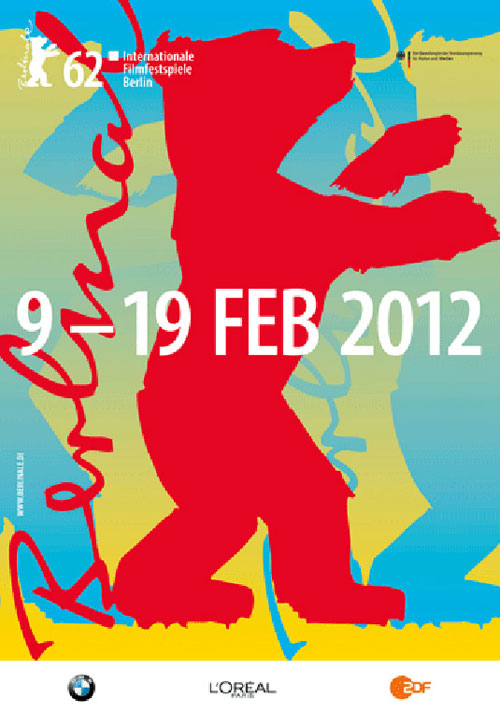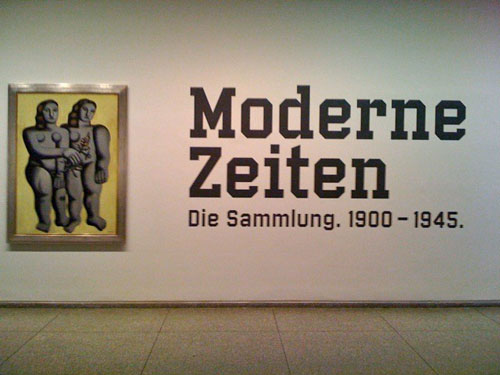As part of a cycle which starts on the 29th May at the Centro 2 de Mayo (CA2M), in association with the Centro socio-cultural Joan Miró de Móstoles and the Instituto Goethe, there will be screenings from the Show of German Cinema.

German cinema has always been known as more a form of art than entertainment. The first currents of German cinematography developed from the expressionist vanguard of the first half of the 20th century, which had strong ideological and aesthetic roots in the bridge collective, which called upon the new generation of creators to strive for the “freedom of living and acting in the face of traditional forces.” Expressionism transmitted the complexities of the port-war world, and was primarily critical of materialism.
In the 1960s, the economy of a Germany occupied by North American forces would have a strong impact on the arts – which since the beginning of the Second World War had been stagnant, due to a large number of the country´s artists fleeing at the outbreak of war. Up until the 1960s, German cinema had been victim to propaganda, and an aesthetic based on the North American presence, whose politics left little room for an interest in the arts. The arrival of television imprinted a visual aesthetic in line with the North American establishment.
This led to an uprising from students of literature and cinema, who saw in the short film a platform for developing the culture of German cinematography. The Oberhausen Manifesto declared the birth of new German cinema, and a new visual and poetic language without atavistic enclaves, or rejection of technique and eclecticism. Amongst the key creatives are Rainer Werner Fassbinder, Werner Herzog, Win Wenders, Volver Schlöndorff.
The fall of the Berlin wall, and the unification of Germany meant the birth of a new cinema which attempted to build the complex bridge between the two Germanys, and approach the nostalgia and difficulties of its histories.
The film on show on the 29th April Cherry Trees in Bloom is part of opus of Doris Dörrier, whose films express an interesting perspective, based around the self and the conflicts of couples. The film is one of her most important, and was strongly influenced by her analysis of Japanese culture.
Also being screened is Solino & Crossing the Bridge: The sounds of Istanbul by young director Fathí Akin winner of the Gold Bear in 2004. His body of work is influenced by the Turkish roots of his family, and social change. Both films will be shown on Sunday 1st of May, and Friday 6th May.
For more information http://www.worldlingo.com/ma/enwiki/es/New_German_Cinema
 Nancy Guzman
Nancy Guzman
There is nothing like some German cinema to learn about historical and cultural change in the last few decades. So if you happen to be renting Madrid accommodation , don´t miss out on this show.

 English
English Translated by: Poppy
Translated by: Poppy
